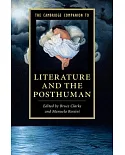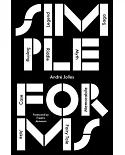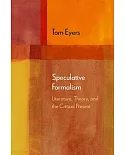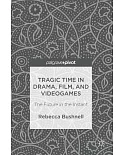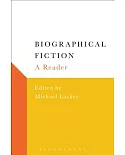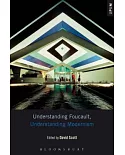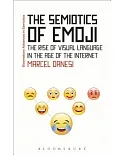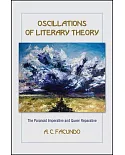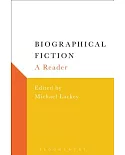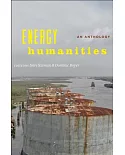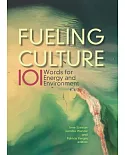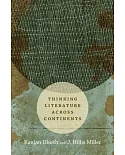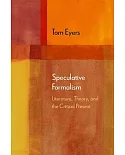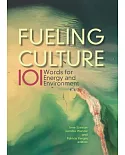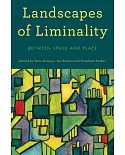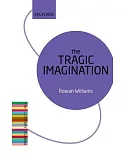"Beginning from the most thorough review of classical intoxicants, Michael A. Rinella applies his findings in detail to many Platonic texts. His results certainly have great significance for
students of Plato, but also for the history of medicine and of classical civilization generally. It is a truly impressive accomplishment."---Anthony Preus, Binghamton University
"Rinella's discussion of the nature and prevalence of drugs in the Classical Age of Athens is an essential context for a major theme in the Platonic dialogues and provides a valuable background
for any student of the great philosopher's works. As Rinella astutely demonstrates, Plato appears to have been the first to address the problem of drug-induced ecstasy as dangerous to the
well-ordered functioning of society, leading to potentially criminal behavior and nonrational modes of thought, and the philosopher's solution to the problem as the `noble lie' still survives
in our current drug policy."---Carl A. P. Ruck, Boston University
Pharmakon: Plato, Drug Culture, and Identity in Ancient Athens examines the emerging concern for controlling states of psychological ecstasy in the history of Western thought, focusing on
ancient Greece (ca. 750-146 BCE), particularly the Classical Period (ca. 500-336 BCE) and especially the dialogues of the Athenian philosopher Plato (427-347 BCE).
Employing a diverse array of materials ranging from literature, philosophy, medicine, botany, pharmacology, religion, magic, and law, this work fundamentally reframes the conceptual context of
how we read and interpret Plato's dialogues. Michael A. Rinella demonstrates how the power and truth claims of philosophy---repeatedly likened to a pharmakon---are opposed to the cultural
authority of a host of other occupations in ancient Greek society deriving their powers from, or likening their authority to, some pharmakon. These occupations included Dionysian and Eleusinian
religion, physicians and other healers, magicians and other magic workers, poets, sophists, rhetoricians, as well as others.
Accessible to the general reader, yet challenging to the specialist, this volume is a comprehensive examination of the place of drugs in ancient thought that will compel the reader to
understand Plato in a new way.


